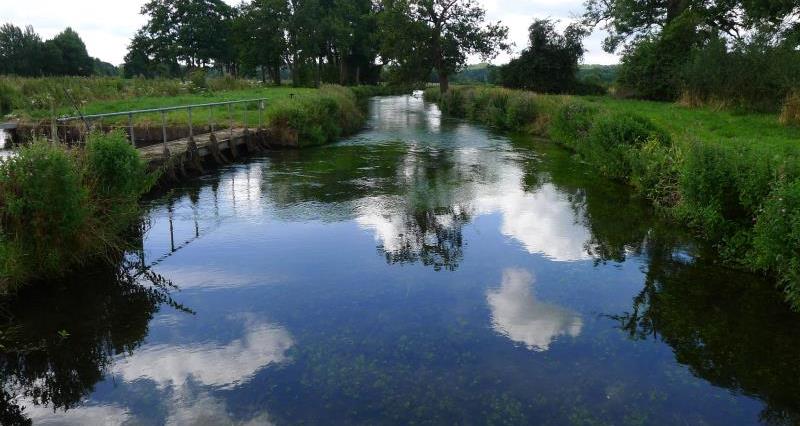
The latest quarterly figures on serious pollution incidents in England show agriculture bucked the trend in 2018/19 as the only sector to cause fewer incidents than in 2017/18.
Environment Agency data for the final quarter of 2018/19 shows that the industry was responsible for 6% less incidents than the previous year.
The number of incidents where a cause was not found also fell by 16%.
At 59, the total number of incidents in agriculture was also lower than any other sector in 2018/19, including water companies (63), Illegal waste management (77) and other regulated industry sectors (103).
The greatest number of incidents resulted from other non-regulated industry sectors (129).
The prolonged dry weather during 2018, which allowed farmers to enter the winter with empty slurry stores, is believed to have played a part in the reduction.
Most agricultural incidents resulted from dairy and livestock farming (31), followed by intensive farming (22), arable and horticulture (5) and other/unspecified (1).
Two incidents related to odour at intensive farming sites, one to a leak from an intensive farming effluent collection system and the others relate to problems with dirty water systems.
There were no incidents as a result of full slurry stores, though one involved a leak from a new slurry store.
The NFU said it will continue to work with its members and regulators to further reduce the number of pollution incidents from agriculture over the coming years.
